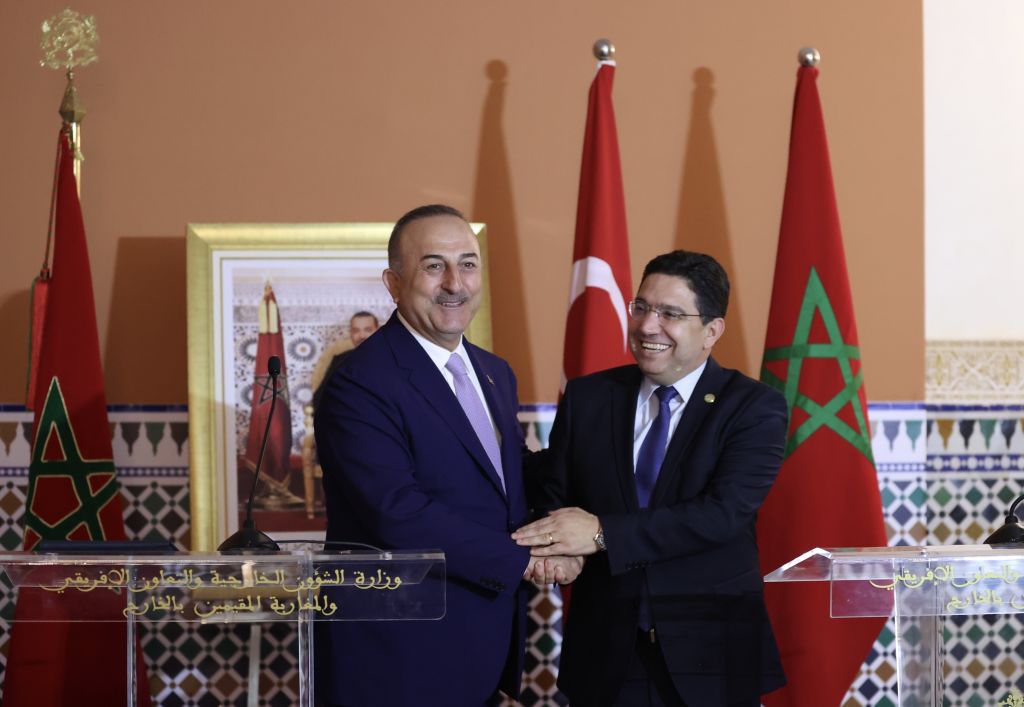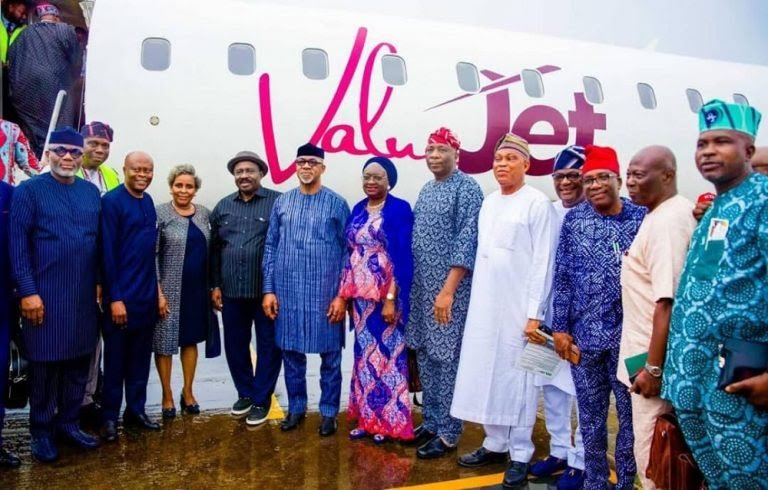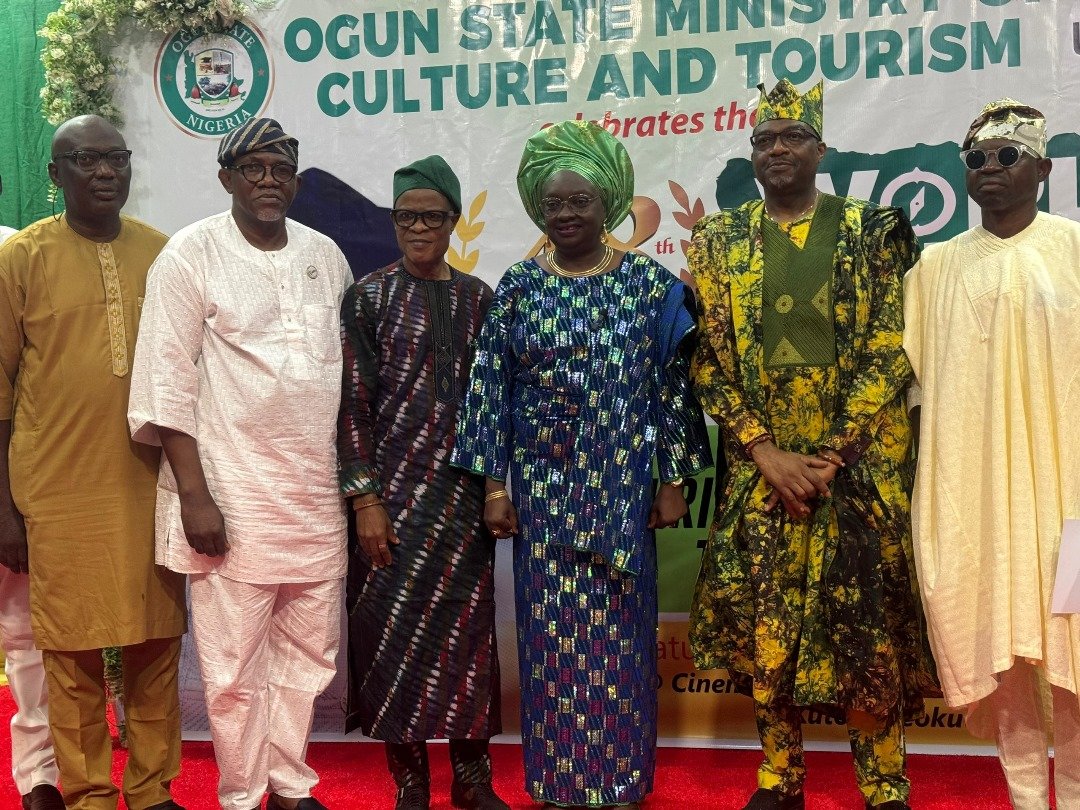
The Moroccan government has announced plans to undertake a comprehensive review of its 2004 Free Trade Agreement (FTA) with Turkey, following a significant and growing trade imbalance that has raised concerns over the sustainability and fairness of the bilateral economic relationship.
The decision, confirmed by officials in the Ministry of Industry and Trade, comes in response to a mounting trade deficit that has disproportionately favored Turkish exports at the expense of Morocco’s domestic industries. According to Moroccan trade data, the deficit with Turkey has widened substantially in recent years, prompting calls from various quarters — including parliamentarians, business associations, and labor unions — for the government to take corrective action.
The 2004 trade agreement was originally heralded as a major step toward deepening economic cooperation between the two countries. Under its provisions, tariffs on a wide range of goods were either eliminated or significantly reduced, encouraging the flow of goods and investment across borders. However, over time, it has become apparent that Moroccan producers have struggled to compete with the influx of cheaper Turkish products, particularly in sectors such as textiles, household appliances, steel, and processed food.
In a statement issued on Tuesday, the Ministry of Industry and Trade emphasized the need to “rebalance the trade relationship with Turkey in a manner that supports the development of local industries, safeguards jobs, and ensures reciprocal benefits.” The statement also noted that Moroccan authorities have initiated formal consultations with their Turkish counterparts aimed at revising key aspects of the agreement.
“We are not seeking to undermine our strategic partnership with Turkey,” said a senior official at the Ministry, speaking on condition of anonymity. “But the reality is that the current structure of trade is skewed. It’s time to realign it so that it serves the national economic interest.”
Between 2004 and 2024, trade volume between the two nations grew markedly, but the benefits have been lopsided. Turkish exports to Morocco reached over $3 billion in 2024, while Moroccan exports to Turkey lagged at approximately $800 million. The imbalance has been a source of persistent anxiety, particularly among small and medium-sized Moroccan enterprises (SMEs) that have found it difficult to compete on price and scale.
The Union Générale des Entreprises du Maroc (CGEM), Morocco’s largest business federation, has repeatedly raised concerns over the impact of Turkish imports, urging the government to introduce protective measures and strengthen local value chains.
In response, the Moroccan government has, in the past, imposed temporary safeguard duties on select Turkish products — including textiles and steel — citing unfair competition and injury to domestic industry. These measures, however, were seen as stopgap solutions rather than structural fixes.
Economic analysts say the review of the agreement signals a shift in Morocco’s broader trade policy, which has increasingly focused on protecting and developing strategic industries. The government’s ambitious “Made in Morocco” strategy, launched in 2020, aims to boost local manufacturing capacity, reduce import dependence, and create sustainable jobs.
“Morocco is taking a more assertive stance in its trade relationships,” said Salma El Amrani, a Casablanca-based economist. “The government has learned that liberalization without safeguards can erode domestic production. This is not about protectionism but about smart trade policy.”
Turkey, for its part, has expressed a willingness to engage in dialogue. In a recent visit to Rabat, Turkish Minister of Trade Ömer Bolat emphasized Ankara’s commitment to maintaining strong economic ties with Morocco, adding that Turkish companies are open to increased investment in local production and joint ventures.
Indeed, Turkish investment in Morocco has been steadily increasing, with several companies establishing manufacturing bases in the North African country to take advantage of its strategic location and access to African markets. Nonetheless, critics argue that such investments have not offset the adverse effects of Turkish imports on Moroccan producers.
Moroccan officials are reportedly exploring various options in the upcoming review. These include reintroducing tariff barriers on sensitive sectors, renegotiating rules of origin, encouraging joint ventures and technology transfer, and expanding the list of products covered under safeguard clauses.
The review is expected to be conducted over the next several months, with the participation of stakeholders from across the economic spectrum. Public consultations are also likely to be held, giving voice to local businesses and consumer groups.
As the review process unfolds, it is likely to serve as precedent for Morocco’s future dealings with other trade partners. In recent years, the kingdom has signed a number of trade agreements across Africa, Europe, and the Middle East, and has shown increasing sophistication in managing these partnerships to protect national interests.
The reassessment of the Turkish FTA underscores the importance of equitable trade frameworks in a global economy where competition is fierce, and the stakes for domestic development are high.
“We’re not against free trade,” said Mohamed Benaissa, a textile factory owner in Fès. “But it must be fair trade. Right now, the scales are tipped, and Moroccan industry is bearing the brunt.”
As Morocco takes steps to recalibrate its trade relationship with Turkey, the outcome of the review could mark a turning point in how the country navigates globalization — with pragmatism, strategy, and a focus on national resilience.







